Strands is the NYT’s latest word game after the likes of Wordle, Spelling Bee and Connections – and it’s great fun. It can be difficult, though, so read on for my Strands hints.
Want more word-based fun? Then check out my NYT Connections today and Quordle today pages for hints and answers for those games, and Marc’s Wordle today page for the original viral word game.
SPOILER WARNING: Information about NYT Strands today is below, so don’t read on if you don’t want to know the answers.
NYT Strands today (game #326) – hint #1 – today’s theme
What is the theme of today’s NYT Strands?
• Today’s NYT Strands theme is… Udderly delicious
NYT Strands today (game #326) – hint #2 – clue words
Play any of these words to unlock the in-game hints system.
- STALE
- BURY
- START
- SIDE
- CRUD
- BUTCH
NYT Strands today (game #326) – hint #3 – spangram
What is a hint for today’s spangram?
• Cow classics
NYT Strands today (game #326) – hint #4 – spangram position
What are two sides of the board that today’s spangram touches?
First side: bottom, 5th column
Last side: top, 3rd column
Right, the answers are below, so DO NOT SCROLL ANY FURTHER IF YOU DON’T WANT TO SEE THEM.
NYT Strands today (game #326) – the answers

The answers to today’s Strands, game #326, are…
- MILK
- BUTTER
- CHEESE
- GELATO
- CUSTARD
- YOGURT
- SPANGRAM: DAIRY PRODUCTS
- My rating: Easy
- My score: Perfect
Being lactose intolerant and also, despite this condition, a turophile, I found today’s Strands enjoyable but, much like my beloved cheese, hard to stomach.
I put my diminutive stature down to a dislike of creamy creations, as height and milk protein have been shown to be linked. Researchers have attributed an obsession with DAIRY PRODUCTS as the reason why people from the Netherlands are better at reaching things on high shelves than any other nation in the world. In a year the average Dutch person consumes over 25% more CHEESE and other milk-based products than their American or British counterparts and this has resulted in a growth spurt over the past century, taking the Dutch from the shortest people in Europe to the tallest – the average Dutchman is more than 6ft tall and the average Dutch woman about 5ft 7in.
Anyway, a lovely easy Strands with a tasty subject matter.
Yesterday’s NYT Strands answers (Wednesday, 22 January, game #325)
- BRAVE
- CARS
- SOUL
- ONWARD
- ELEMENTAL
- RATATOUILLE
- SPANGRAM: ANIMATION
What is NYT Strands?
Strands is the NYT’s new word game, following Wordle and Connections. It’s now out of beta so is a fully fledged member of the NYT’s games stable and can be played on the NYT Games site on desktop or mobile.
I’ve got a full guide to how to play NYT Strands, complete with tips for solving it, so check that out if you’re struggling to beat it each day.





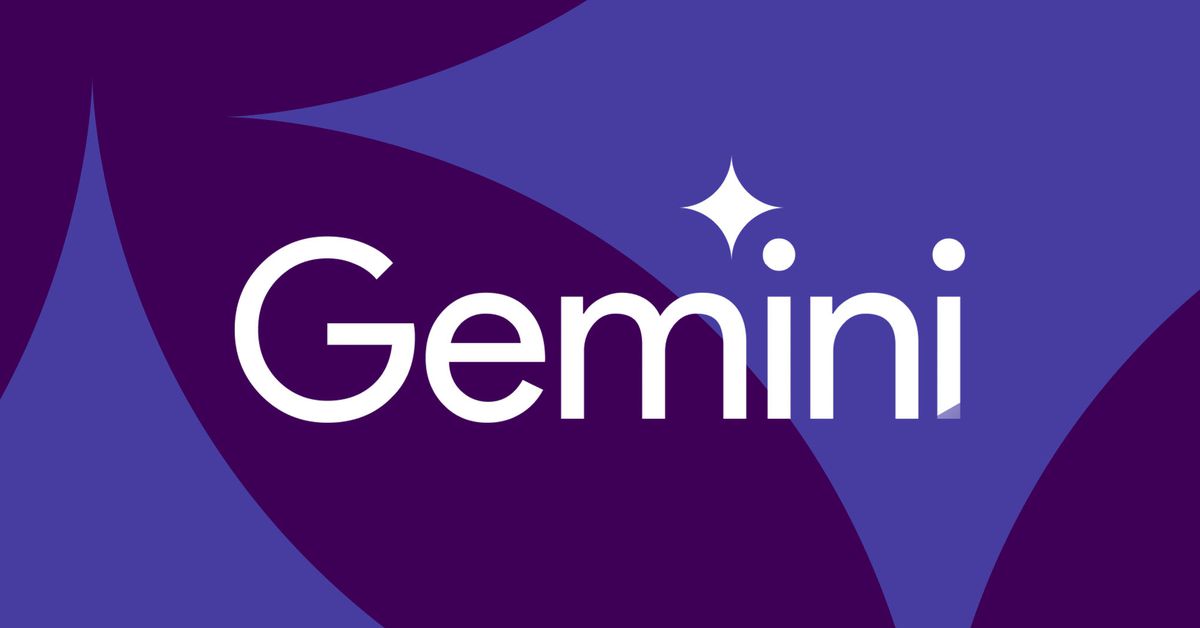



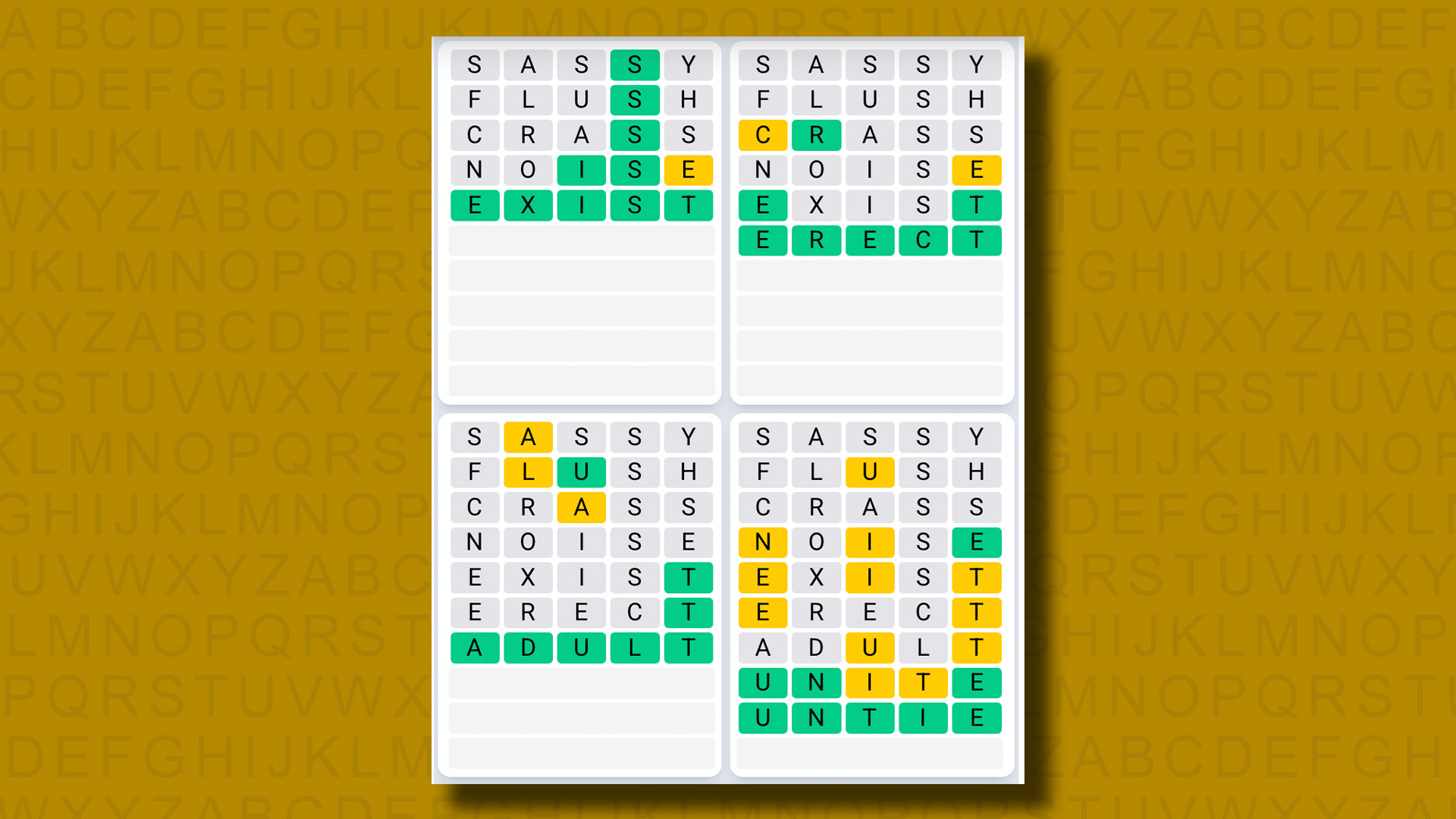


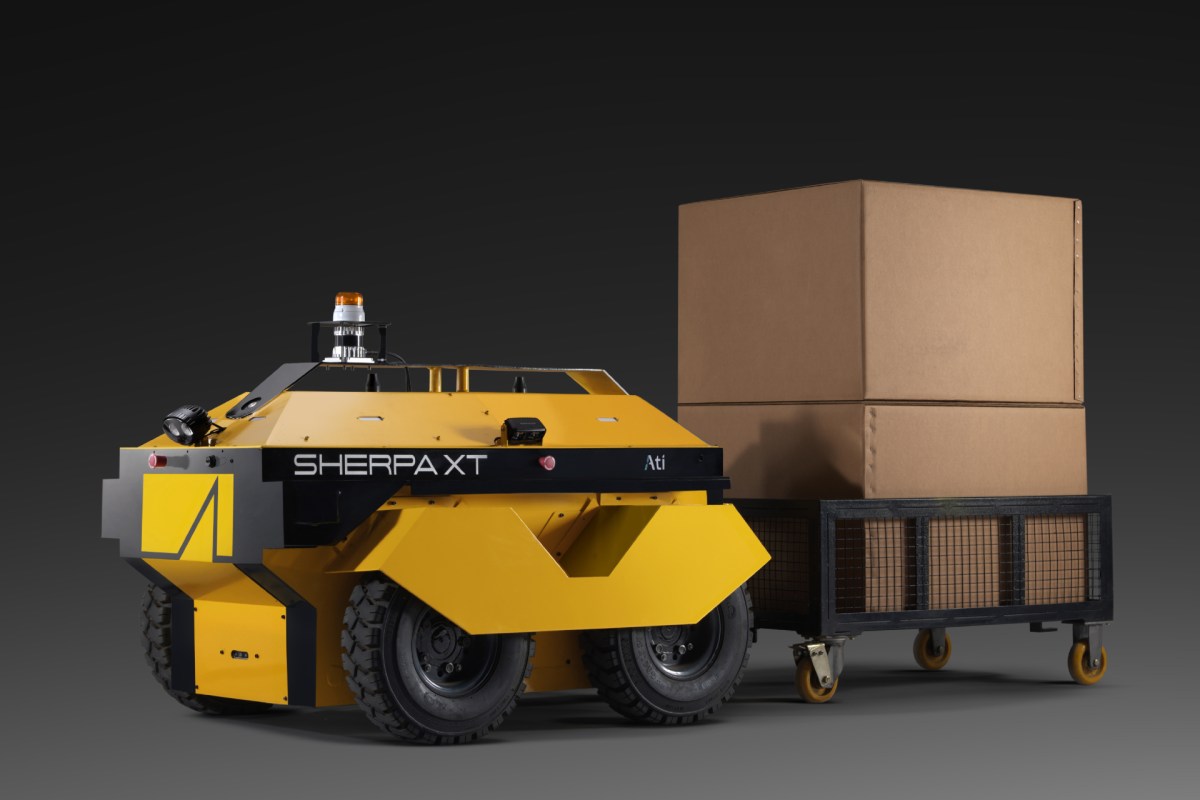

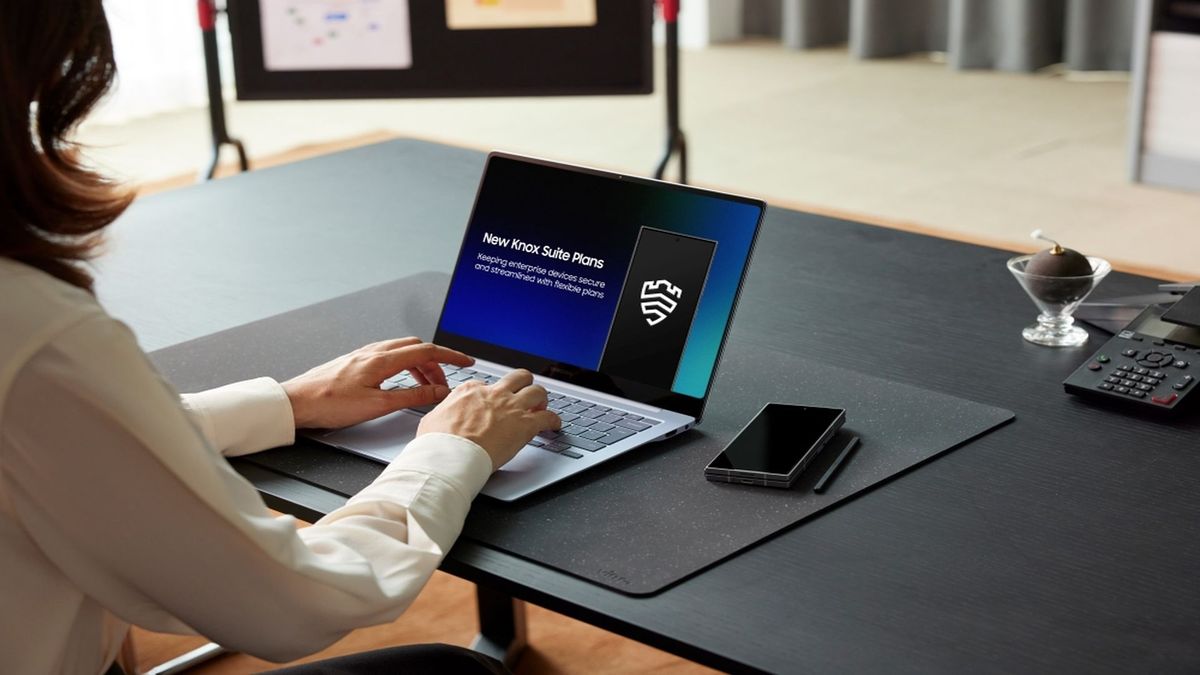
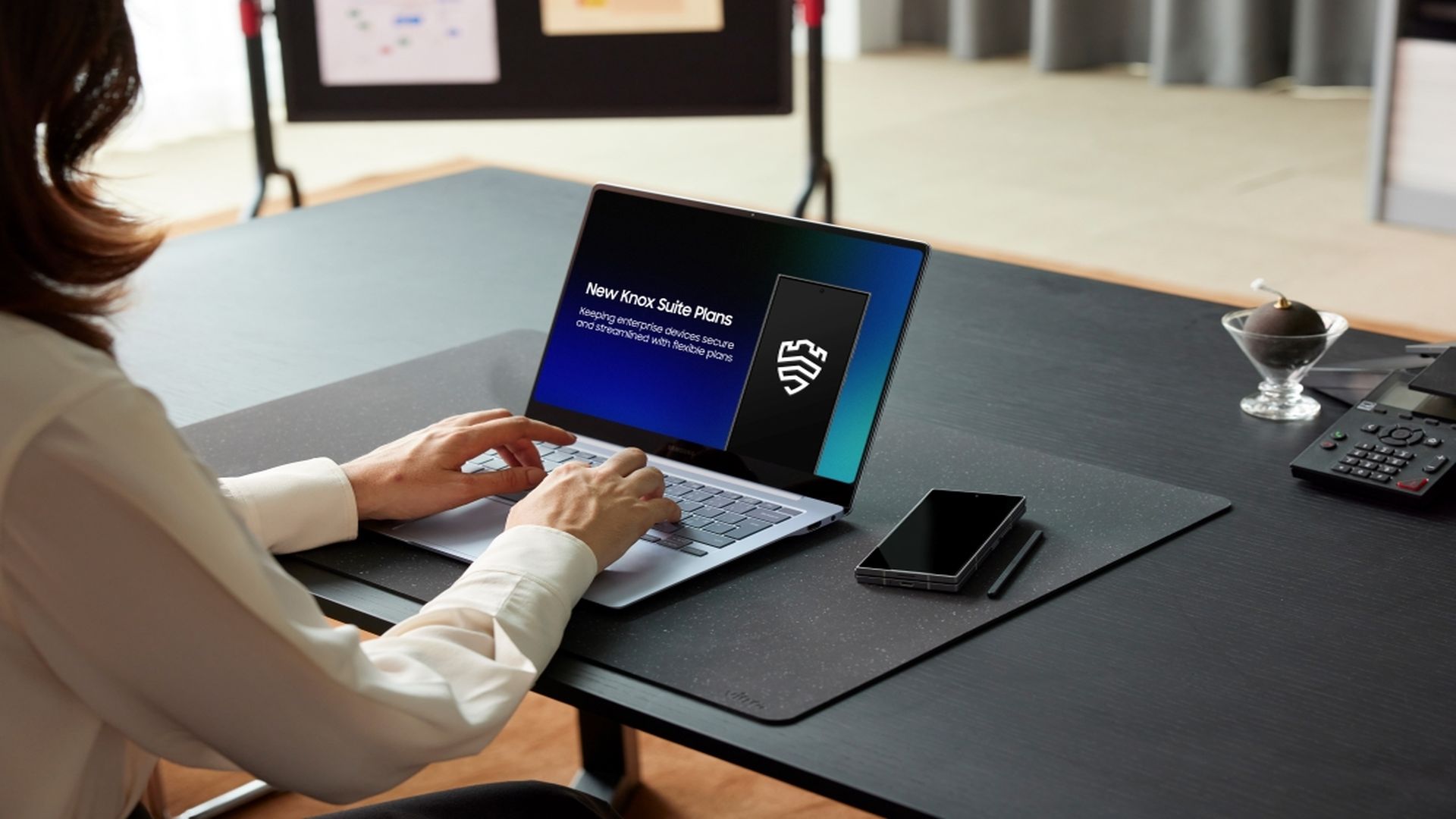












You must be logged in to post a comment Login